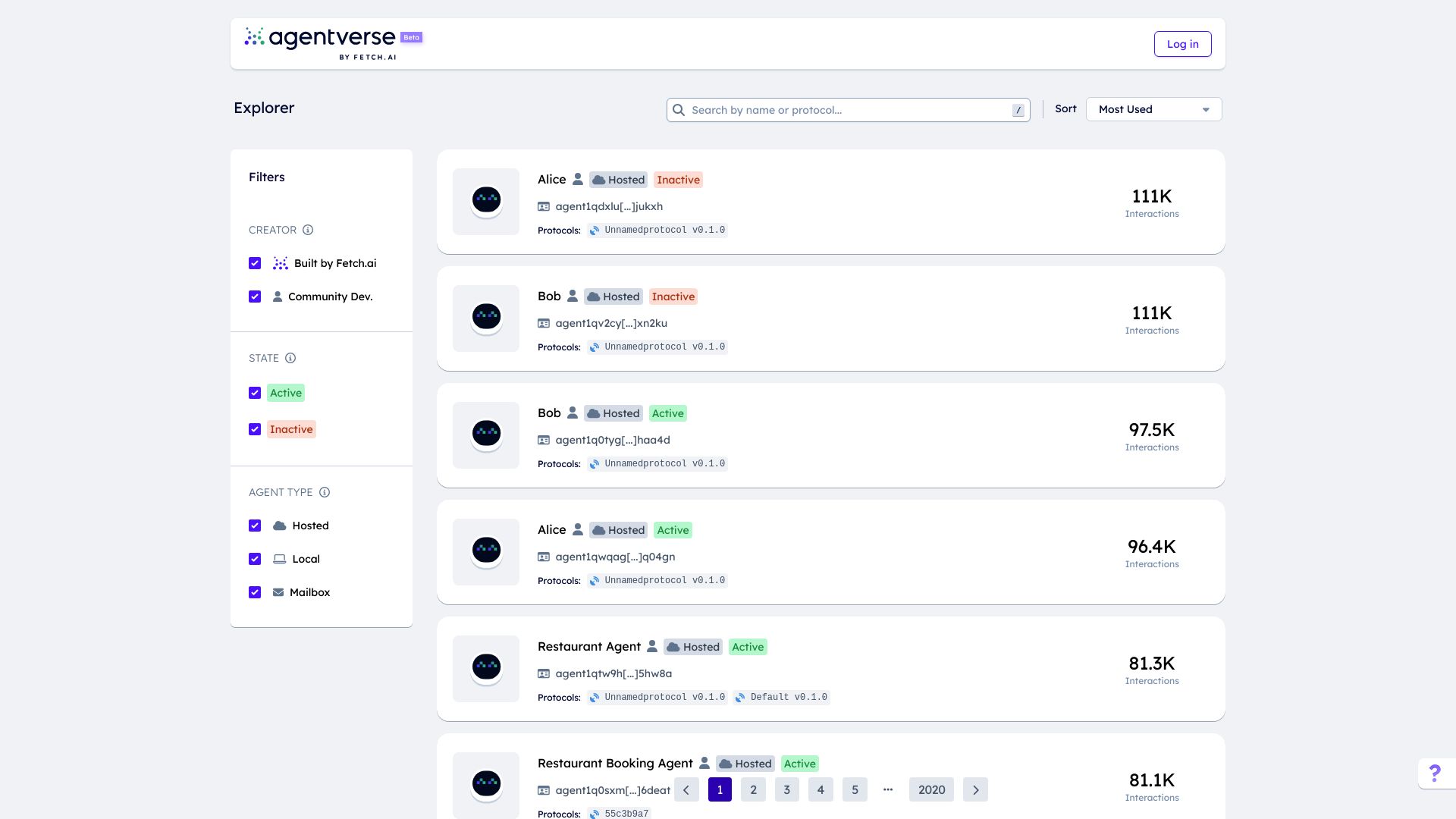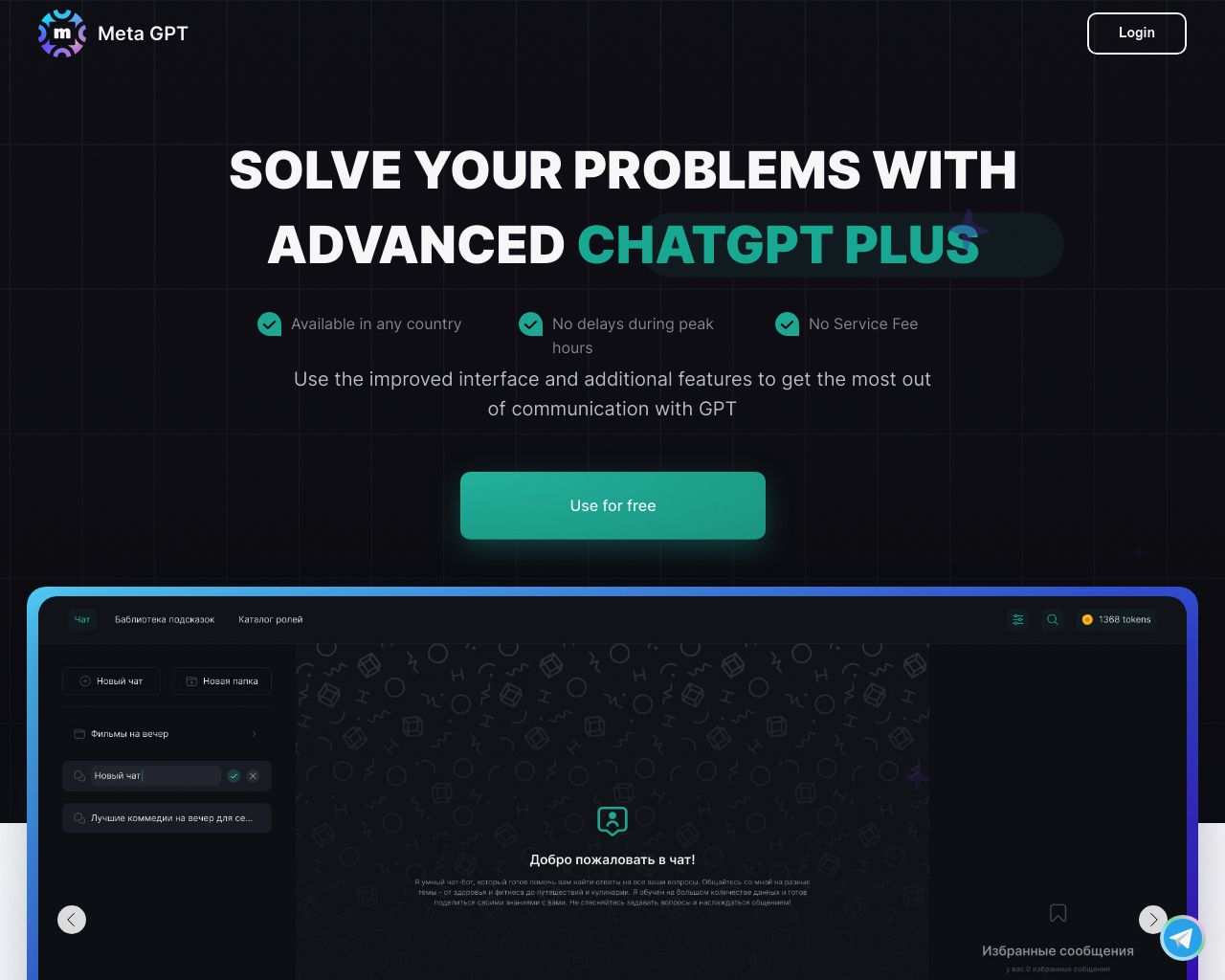AgentVerse vs. MetaGPT: Comparing AI Development Platforms
AI agent development platforms are transforming how businesses and developers harness artificial intelligence. AgentVerse vs. MetaGPT represent two distinct approaches in this evolving field, each offering unique strengths for creating autonomous AI systems. This comparison delves into the core features, development processes, and practical applications of these platforms, contrasting them with our own SmythOS solution. Whether you’re a seasoned developer seeking flexible frameworks or a business leader exploring AI integration, this analysis provides crucial insights to guide your decision-making. We’ll examine how each platform addresses key concerns like scalability, security, and ease of use, helping you identify the best fit for your AI development needs.
AgentVerse Overview
AgentVerse empowers developers to create and manage AI agents through its open-source platform. The software provides a Python-based framework for building autonomous agents capable of interacting with users, environments, and other agents to perform complex tasks.
AgentVerse’s core strength lies in its flexibility and extensibility. Developers can leverage the platform to craft custom AI solutions tailored to specific business needs or research objectives. The system utilizes a decentralized registry called the Almanac, allowing agents to register themselves and enabling discovery and connection between different agents.
Communication protocols form the backbone of AgentVerse, defining standard message formats for agent interaction. This standardization facilitates seamless collaboration between multiple agents, opening up possibilities for sophisticated multi-agent systems. The platform also integrates with DeltaV, a conversational AI app, enabling users to access agent capabilities through natural language interfaces.
AgentVerse empowers developers to create and manage AI agents through its open-source platform. The software provides a Python-based framework for building autonomous agents capable of interacting with users, environments, and other agents…


While AgentVerse offers powerful tools for AI agent development, it requires a certain level of technical expertise. The platform primarily caters to developers comfortable with Python programming, potentially limiting accessibility for non-technical users. Additionally, the open-source nature of AgentVerse means that users are responsible for hosting and managing their own infrastructure, which may present challenges for those seeking a fully managed solution.
AgentVerse’s approach to AI agent development focuses on providing a robust foundation for creating autonomous, intelligent systems. By offering tools for agent creation, communication, and integration, the platform aims to catalyze an ecosystem of reusable, composable AI functions. This positions AgentVerse as a valuable resource for developers and organizations looking to harness the power of AI agents in their projects and applications.
MetaGPT Overview
MetaGPT revolutionizes multi-agent collaboration by combining human Standardized Operating Procedures (SOPs) with advanced Large Language Models (LLMs). This open-source framework simulates a software company structure, assigning distinct roles to AI agents such as product managers, architects, and engineers.


MetaGPT’s core philosophy, “Code = SOP(Team),” encodes human workflows into prompt sequences, enhancing output consistency and reliability. The platform breaks complex tasks into manageable subtasks, each handled by specialized agents. This approach significantly reduces errors typically associated with multi-agent systems, such as cascading hallucinations or logic inconsistencies.
MetaGPT’s core philosophy, “Code = SOP(Team),” encodes human workflows into prompt sequences, enhancing output consistency and reliability.
The framework excels in generating comprehensive documentation throughout the development process, including requirement documents, design artifacts, and interface specifications. These intermediate outputs improve the final code’s success rate and facilitate better human-AI interaction.
MetaGPT’s unique selling point lies in its ability to mimic and enhance human collaboration processes within an AI framework. By incorporating SOPs and specialized roles, it ensures AI agents work together efficiently, producing high-quality outputs aligned with human standards. This approach opens new possibilities for applying AI in complex, real-world scenarios.
However, MetaGPT has limitations. It lacks a visual builder or no-code editor, potentially limiting accessibility for non-technical users. The platform also doesn’t offer hosted agent solutions or specific development and production environments, focusing instead on local setups. While it provides strong support for agent collaboration and scheduling, it lacks features like multimodal inputs, data encryption, and deployment options such as APIs or webhooks.
Feature Comparison
AgentVerse and MetaGPT offer distinct approaches to AI agent development, each with its own strengths and limitations. AgentVerse provides a flexible Python-based framework for building autonomous agents, emphasizing extensibility and developer control. MetaGPT, on the other hand, focuses on simulating a software company structure with specialized AI roles.
While both platforms support multi-agent collaboration, they differ significantly in core components. AgentVerse lacks a visual builder or no-code editor, potentially limiting accessibility for non-technical users. MetaGPT also doesn’t offer these features, focusing instead on its unique SOP-driven approach. Neither platform provides hosted agent solutions or specific development and production environments, concentrating on local setups.
In terms of security, both AgentVerse and MetaGPT fall short compared to SmythOS. Neither offers robust data encryption, OAuth integration, or IP control features. SmythOS, however, prioritizes security with built-in data encryption and comprehensive authentication options, making it a superior choice for organizations with stringent security requirements.
Our SmythOS platform addresses these gaps by offering a user-friendly visual builder, hosted agent solutions, and dedicated development and production environments. We provide a comprehensive security suite, including data encryption and OAuth integration, ensuring your AI deployments remain secure and compliant.
Feature Comparison Table
| AgentVerse | MetaGPT | SmythOS | |
|---|---|---|---|
| CORE FEATURES | |||
| Environments (Dev, Production) | ❌ | ✅ | ✅ |
| Visual Builder | ✅ | ❌ | ✅ |
| No-Code Options | ❌ | ❌ | ✅ |
| Explainability & Transparency | ❌ | ✅ | ✅ |
| Multimodal | ❌ | ✅ | ✅ |
| Problem-Solving Capabilities | ❌ | ✅ | ✅ |
| Work as Team | ❌ | ✅ | ✅ |
| Bulk Work | ❌ | ✅ | ✅ |
| SECURITY | |||
| Constrained Alignment | ❌ | ✅ | ✅ |
| Data Encryption | ❌ | ✅ | ✅ |
| OAuth | ❌ | ✅ | ✅ |
| IP Control | ❌ | ❌ | ✅ |
| COMPONENTS | |||
| Foundation AIs | ❌ | ✅ | ✅ |
| Huggingface AIs | ❌ | ✅ | ✅ |
| Zapier APIs | ❌ | ✅ | ✅ |
| All other APIs, RPA | ❌ | ✅ | ✅ |
| Classifiers | ❌ | ✅ | ✅ |
| Logic | ❌ | ✅ | ✅ |
| Data Lakes | ❌ | ❌ | ✅ |
| DEPLOYMENT OPTIONS (EMBODIMENTS) | |||
| Deploy as API | ❌ | ✅ | ✅ |
| Deploy as Webhook | ❌ | ✅ | ✅ |
| Staging Domains | ❌ | ❌ | ✅ |
| Production Domains | ❌ | ✅ | ✅ |
| API Authentication (OAuth + Key) | ❌ | ✅ | ✅ |
| Deploy as Site Chat | ❌ | ✅ | ✅ |
| Deploy as GPT | ❌ | ✅ | ✅ |
| DATA LAKE SUPPORT | |||
| Hosted Vector Database | ❌ | ❌ | ✅ |
| Sitemap Crawler | ❌ | ❌ | ✅ |
| YouTube Transcript Crawler | ❌ | ❌ | ✅ |
| URL Crawler | ❌ | ✅ | ✅ |
| PDF Support | ❌ | ✅ | ✅ |
| Word File Support | ❌ | ✅ | ✅ |
| TXT File Support | ❌ | ✅ | ✅ |
Best Alternative to AgentVerse and MetaGPT
SmythOS stands out as the superior alternative to AgentVerse and MetaGPT for AI agent development and deployment. Our platform combines powerful features with unmatched ease of use, making advanced AI capabilities accessible to users of all skill levels.
Unlike AgentVerse’s limited Python framework or MetaGPT’s rigid software company simulation, SmythOS offers a versatile drag-and-drop interface for effortless agent creation. We provide hosted agent solutions and dedicated environments for both development and production, streamlining the entire workflow from conception to deployment.
SmythOS offers a versatile drag-and-drop interface for effortless agent creation… streamlining the entire workflow from conception to deployment.
Security is paramount in AI development, and SmythOS excels where AgentVerse and MetaGPT fall short. Our platform incorporates robust data encryption, OAuth integration, and IP control features, ensuring your AI deployments remain secure and compliant with industry standards. This comprehensive security suite sets SmythOS apart as the trusted choice for organizations with stringent data protection requirements.
SmythOS’s extensive feature set outshines the competition. We support a wide array of AI models, including those from OpenAI, Anthropic, and Hugging Face, allowing you to leverage cutting-edge AI capabilities. Our platform seamlessly integrates with popular services like Slack, Trello, and GitHub, fitting effortlessly into your existing workflows. Whether you need to deploy AI agents as APIs, chatbots, or scheduled tasks, SmythOS provides the flexibility to meet your specific needs.
By choosing SmythOS, you’re not just selecting a tool – you’re embracing a complete ecosystem designed to accelerate your AI development process. Our platform’s intuitive design, coupled with its powerful capabilities, enables you to create and deploy sophisticated AI agents 99% faster than traditional methods. With SmythOS, you’ll unlock the full potential of AI, driving innovation and efficiency across your organization.
Conclusion
AgentVerse and MetaGPT offer unique approaches to AI agent development, each with distinct strengths. AgentVerse provides a flexible Python-based framework for building autonomous agents, while MetaGPT simulates a software company structure with specialized AI roles. Both platforms support multi-agent collaboration but lack visual builders and hosted solutions.
SmythOS addresses these limitations and emerges as the superior choice. We offer a user-friendly visual builder, hosted agent solutions, and dedicated environments for development and production. Our platform’s comprehensive security features, including data encryption and OAuth integration, ensure your AI deployments remain secure and compliant.
Our drag-and-drop interface democratizes AI development, making it accessible to both technical and non-technical users. With support for over 300,000 integrations and compatibility with various AI models, SmythOS provides unparalleled flexibility and scalability. The ’Create Once, Deploy Anywhere’ approach allows seamless integration across multiple platforms, from chatbots to APIs.
Experience the future of AI agent development with SmythOS. Create a free account to explore our platform’s capabilities, or dive into our comprehensive documentation to learn more about how SmythOS can transform your AI initiatives. Unlock the full potential of AI for your business today with SmythOS – where innovation meets simplicity.
Last updated:
Disclaimer: The information presented in this article is for general informational purposes only and is provided as is. While we strive to keep the content up-to-date and accurate, we make no representations or warranties of any kind, express or implied, about the completeness, accuracy, reliability, suitability, or availability of the information contained in this article.
Any reliance you place on such information is strictly at your own risk. We reserve the right to make additions, deletions, or modifications to the contents of this article at any time without prior notice.
In no event will we be liable for any loss or damage including without limitation, indirect or consequential loss or damage, or any loss or damage whatsoever arising from loss of data, profits, or any other loss not specified herein arising out of, or in connection with, the use of this article.
Despite our best efforts, this article may contain oversights, errors, or omissions. If you notice any inaccuracies or have concerns about the content, please report them through our content feedback form. Your input helps us maintain the quality and reliability of our information.
